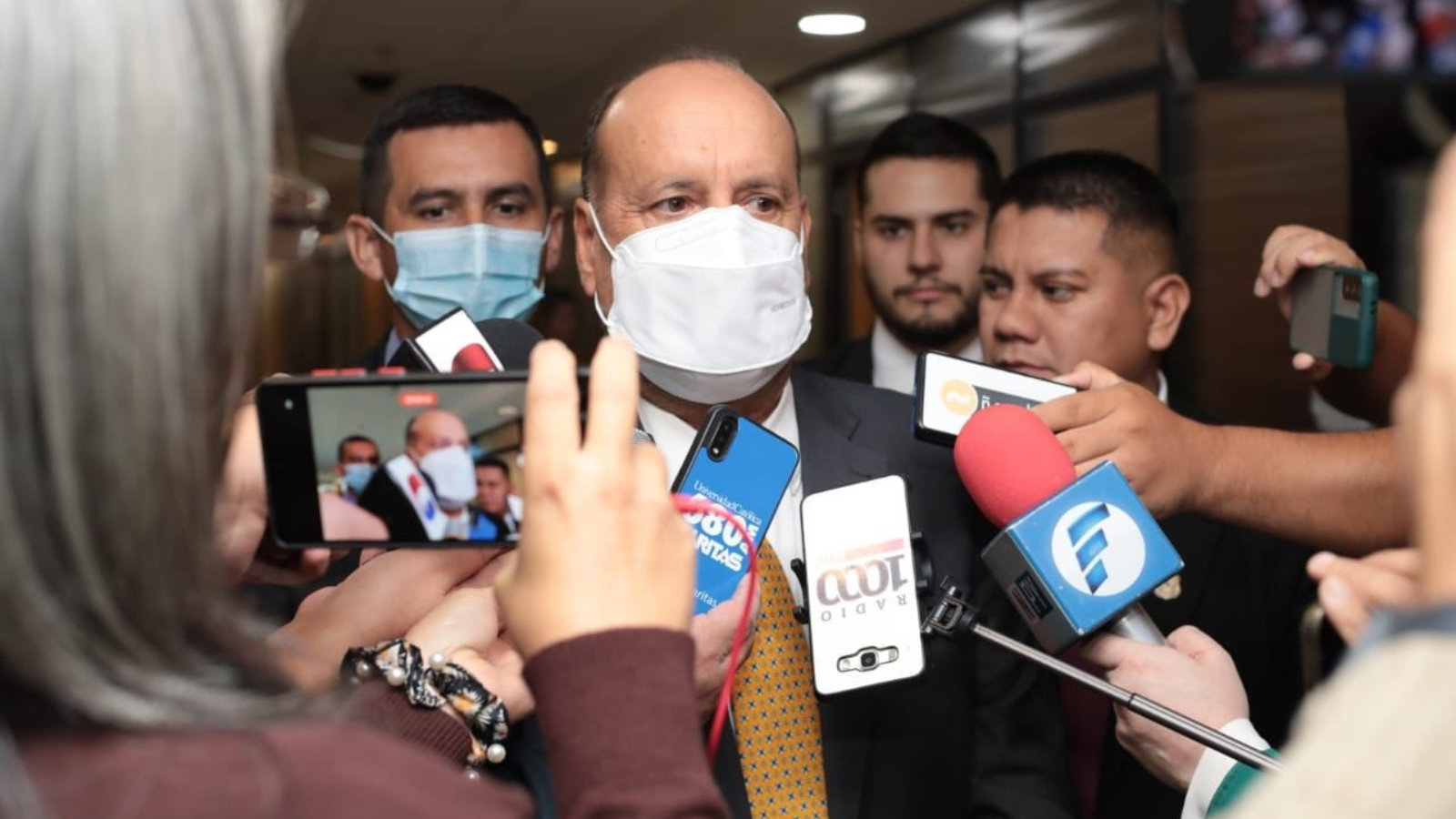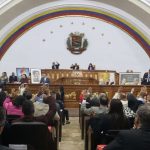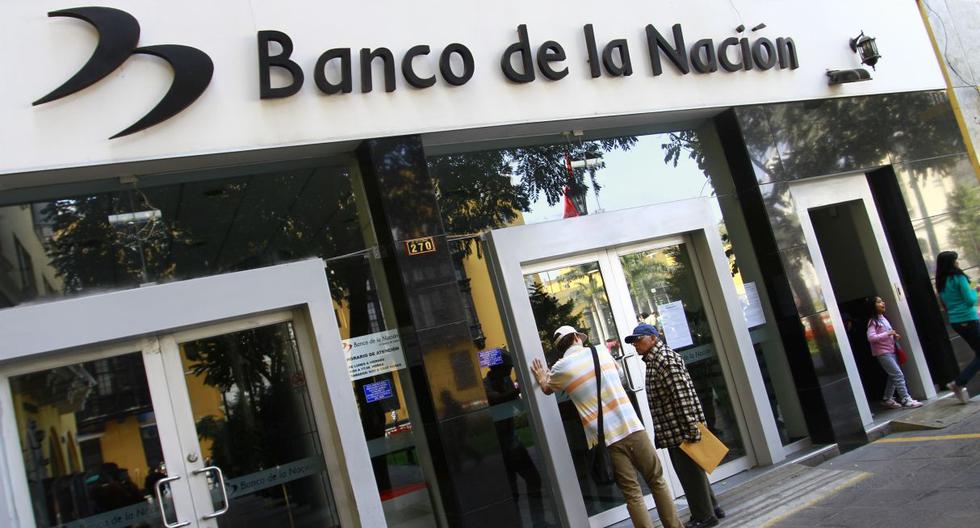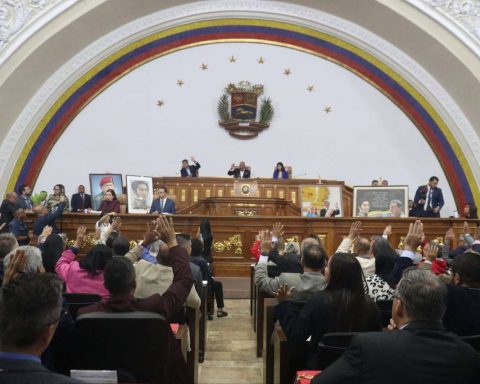The Chamber of Senators finally did not deal with the partial veto of the Executive on the new Petropar law. It established that the public company can buy fuel outside the public contracting process.
Óscar “Cachito” Salomón, president of the National Congress, expressed that evidently the pressure of the emblems changed the position of the Government.
“We wanted to enable Petropar to compete on equal terms with private labels. With the veto we cut off the possibility and force him to go through the cumbersome process that lasts at least six months of the bidding process, ”he criticized.
Solomon announced that he will vote against the veto.
The president of Congress regretted that the media have also contributed to the pressure that made the national president give up his position.
“Pablo Seitz himself is under pressure (director of public procurement). What harm could we have done that Petropar can acquire fuel from State to State? Bolivia offered us gas through this mechanism. But not being able to do it, an Argentine company acts as an intermediary”, he commented.
richer
Hugo Richer, national senator for the Guasu Front, stated that they have not yet taken a position on the Executive’s partial veto. For this reason, they will resort to their lawyers so that they can analyze whether, in reality, ignoring the bidding process will be convenient for the country.
“We agree with the role of Petropar. But there is an issue that must be analyzed by jurists on the subject of public contracting”, he expressed.
For the veto to be overturned, both chambers must agree. In other words, to reject the veto, the Senate must do it first and then the Chamber of Deputies.
“This is a law passed in both houses of Congress. If the Senate accepts the veto, it will go to the Deputies as a mere procedure. Because both cameras must agree on the rejection. That is why I say that, if the Senate accepts the veto, it goes to the Deputies for a mere process, ”he commented.
He finally said that he has no doubt that the private sector generated significant pressure to force the national president’s veto.
BACKGROUND
Mario Abdo Benítez, President of the Republic, partially vetoed Law No. 6909/2022 last Tuesday, May 3, regarding the exemption from the general regime of public purchases in Petropar.
The document established the elimination of intermediaries in Petropar’s fuel purchase processes. The president approved what is related to suppliers not having the need to submit their sworn statements. However, he eliminated the one that establishes that the state oil company make its purchases without controls from the National Directorate of Public Procurement (DNCP).

















